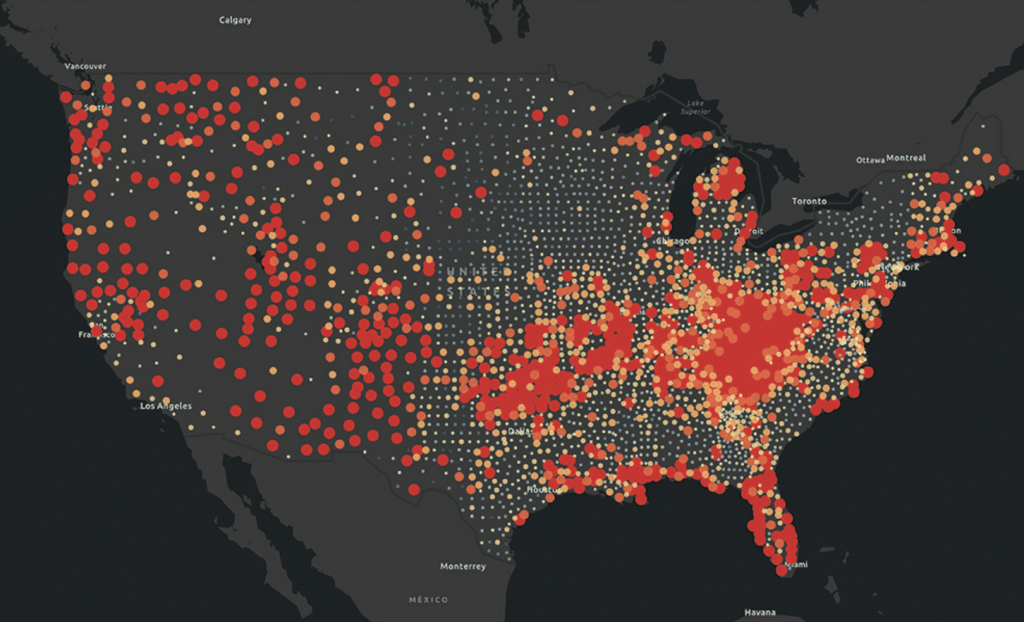Illinois faces multifaceted challenges in fighting against opioid overdoses. Access to prescription opioids, often prescribed excessively or inappropriately, contributes to addiction and subsequent overdose incidents. Moreover, the proliferation of illicit opioids in communities exacerbates the problem, as these substances are often laced with potent synthetics like fentanyl, significantly increasing the risk of overdose.
The impact of opioid overdose extends beyond individual health, straining healthcare resources, law enforcement agencies, and social services. Emergency responders face increasing demand for naloxone, the life-saving antidote to opioid overdose, underscoring the urgency of intervention.
However, Illinois has also implemented various strategies to combat the crisis, including expanding access to addiction treatment, enhancing prescription drug monitoring programs, and implementing harm reduction initiatives. Collaboration between government agencies, healthcare providers, community organizations, and law enforcement is essential to mitigate the devastating toll of opioid overdose and foster a comprehensive response to this ongoing public health emergency.
Source:https://www.northernillinoisrecovery.com/drug-addiction-statistics-in-illinois/


